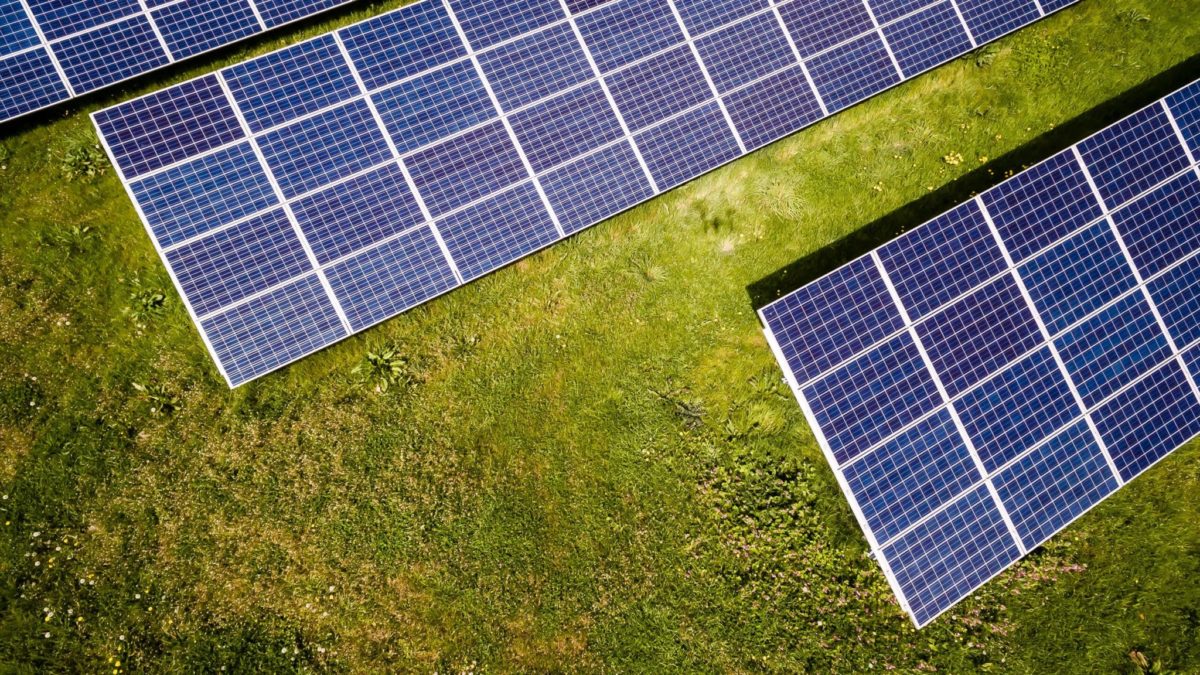From pv magazine International
Norwegian business intelligence firm Rystad Energy has predicted rising solar module and shipping costs could prompt the delay or cancellation of as much as 56% of the solar generation capacity currently planned worldwide next year.
With the average price of solar modules having risen from $0.20 per Watt-peak last year to $0.26-0.28 since July, up to 50 GW of the 90 GW of solar generation capacity planned for 2022 could be threatened by inflation, according to the Oslo-based consultant.
Modules and shipping costs typically make up between a quarter and a third of solar project capital costs, according to Rystad, and both input costs have soared on the back of a shortage of shipping containers, exacerbated by the Covid crisis; and rising prices for solar panel raw materials polysilicon, silver, copper, aluminum, and glass.
The polysilicon price alone has almost quadrupled in recent months and the shipping costs for solar panels have risen almost sixfold, from $0.005/Wp, in September 2019, to around $0.03 this month.
With Rystad senior renewables analyst David Dixon stating the supply bottlenecks are unlikely to ease within 12 months, the company has calculated the levelized cost of energy from solar projects is likely to have risen 10-15% from the average figure posted last year.
That will leave solar project developers with a stark choice of either reducing their margins, passing on the costs in the form of more expensive solar electricity, or postponing or cancelling solar plants.
This content is protected by copyright and may not be reused. If you want to cooperate with us and would like to reuse some of our content, please contact: editors@pv-magazine.com.









By submitting this form you agree to pv magazine using your data for the purposes of publishing your comment.
Your personal data will only be disclosed or otherwise transmitted to third parties for the purposes of spam filtering or if this is necessary for technical maintenance of the website. Any other transfer to third parties will not take place unless this is justified on the basis of applicable data protection regulations or if pv magazine is legally obliged to do so.
You may revoke this consent at any time with effect for the future, in which case your personal data will be deleted immediately. Otherwise, your data will be deleted if pv magazine has processed your request or the purpose of data storage is fulfilled.
Further information on data privacy can be found in our Data Protection Policy.